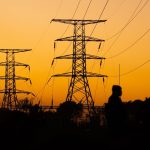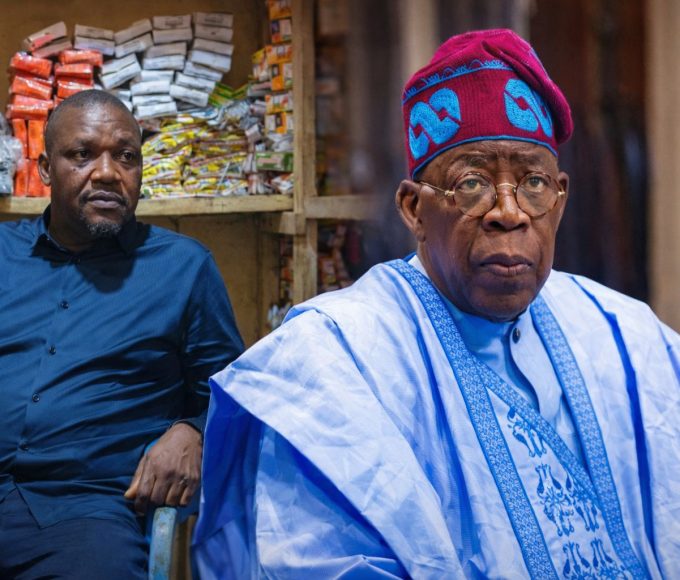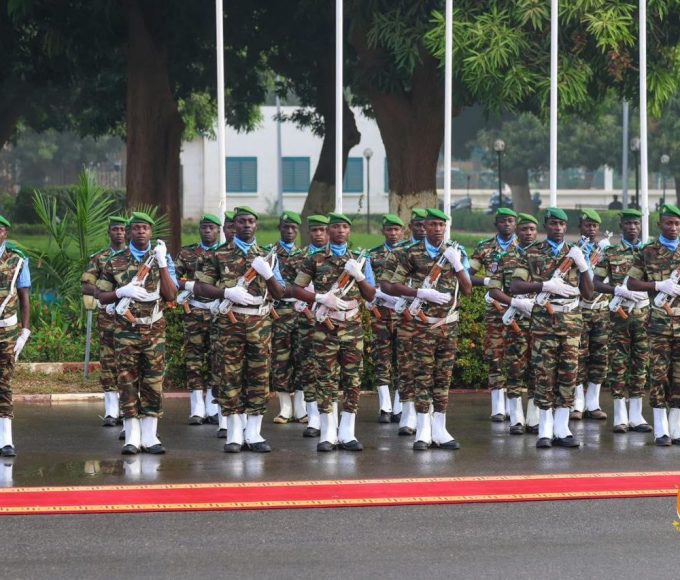
Nigerian government’s ‘soon’ that never comes

In the ever-repeating narrative of Nigerian politics and governance space, promises of a better future has become a recurring theme, echoed by successive administrations.
President Bola Ahmed Tinubu’s recent assurance that Nigerians will ‘soon’ reap the benefits of the “tough but necessary decisions” adds to the long list of pledges made by leaders who, despite their best intentions, seem unable to break the cycle of perpetual challenges faced by the nation.
The removal of the fuel subsidy, a decision touted as a crucial step for economic reforms by the current administration, is just one example of the tough choices that leaders assert are indispensable for the nation’s progress.
President Tinubu, while addressing the South-South Monarchs Forum on Tuesday, commended their understanding of the approach to these economic reforms.
However, the history of such reforms in Nigeria suggests that citizens are often left grappling with the immediate consequences while waiting for the promised benefits to materialise.
Former President Muhammadu Buhari, in a recent public appearance, offered an apology for the hard decisions taken during his tenure, acknowledging the sacrifices made by the Nigerian populace.
His statement reflects the broader sentiment that successive governments have made tough choices, but the enduring problems persist or, in some cases, worsen.
The promises of economic revival, environmental restoration, infrastructure development, and improved security are familiar refrains in the rhetoric of Nigerian leaders.
However, the actualisation of these promises seems to be an elusive goal. The cycle of hope, anticipation, and subsequent disappointment has become deeply ingrained in the Nigerian political landscape.
One cannot overlook the complexities and challenges that leaders face in steering a diverse and populous nation like Nigeria.
Economic instability, corruption, insecurity, and environmental degradation are formidable issues that require strategic and sustained efforts to overcome. Yet, the question remains: why do these challenges persist or escalate, despite the tough decisions and promises of improvement?
Part of the answer lies in the inherent complexities of governance, where short-term decisions for immediate gains may not always translate into long-term, sustainable development.
Additionally, the lack of continuity in policies and projects across successive administrations often hampers the cumulative impact needed for significant progress.
It is crucial for leaders to recognise that the resilience of Nigeria’s challenges demands more than short-term fixes. A holistic and collaborative approach, with a focus on continuity in policies and projects that transcend political tenures, is essential.
The involvement of the citizens, civil society, and traditional institutions, as emphasised by President Tinubu, can contribute to a more inclusive and effective governance structure.
As the nation looks to the future, it is imperative that leaders move beyond rhetorics and embrace a sustained, transparent, and accountable approach to governance.
Read more: “GDP will increase to 3.5% in 2024”- NESG
About The Author
Related Articles
Tinubu Government Claims Intelligence Cooperation With the US, Yet New York Times Publishes Conflicting Story Following $9 Million US Lobbying Effort
When the New York Times published its investigation suggesting that claims from...
ByWest Africa WeeklyJanuary 19, 2026Mali’s Transition Leader Attends Swearing-In of Guinea’s President Mamadi Doumbouya
Mali’s President of the Transition, General Assimi Goïta, represented the country in...
ByWest Africa WeeklyJanuary 19, 2026Niger’s Security Forces Record Major Gains Against Armed Groups
Niger’s Defence and Security Forces have reported significant results following a week...
ByWest Africa WeeklyJanuary 19, 2026Burkina Faso Adopts Law Defining Status of Traditional and Customary Chiefs
Burkina Faso’s Transitional Legislative Assembly has adopted a new law establishing the...
ByWest Africa WeeklyJanuary 19, 2026











